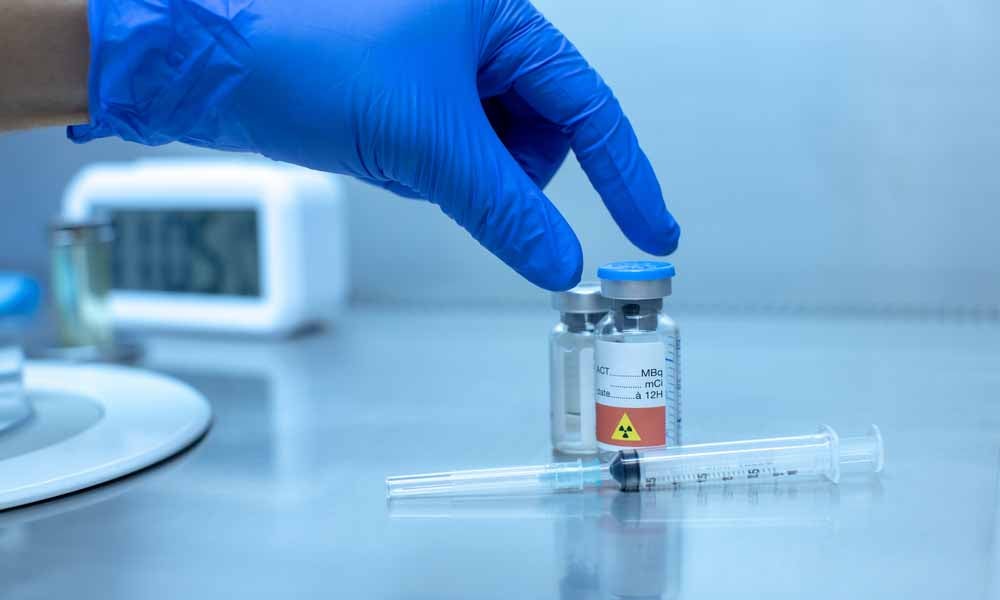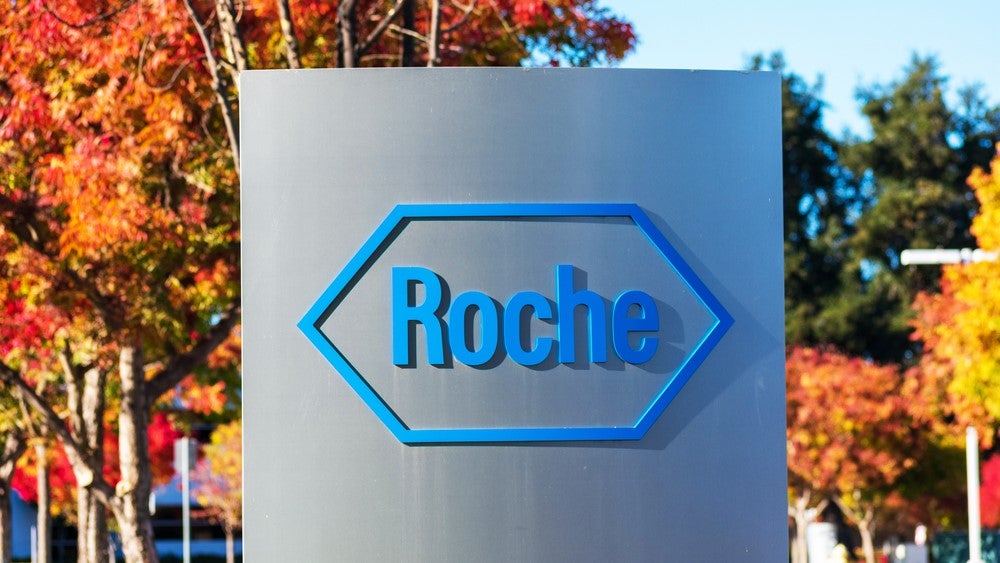Food Allergy Awareness Week, which runs from 12 to 18 May this year, is drawing attention to the innovations under development for treating food allergies.
Earlier this year, a breakthrough in the food allergy space was when Novartis and Roche’s Xolair (omalizumab) won US Food and Drug Administration (FDA) approval. Initially approved for asthma in 2003, its label was expanded, making it the first FDA-approved drug to reduce allergic reactions in people with IgE-mediated food allergies. This classification includes food-based allergens such as peanuts, milk, eggs, wheat, cashew nuts, hazelnut, or walnut.
Still, despite the observed efficacy with Xolair, the drug can take a few months to start working properly, highlights Jessica Grossman, CEO of San-Francisco-based allergy company IgGenix.
“Xolair is a great step forward for the allergic community. However, there still are some limitations if it takes 16 weeks to work,” she said.
IgGenix is developing an IgG4 monoclonal antibody-based therapeutic called IGXN001 specifically for peanut allergies. The candidate is expected to protect against accidental exposure to peanut allergens within days of administration.
The company, which spun out of Stanford University in 2019, closed a $40m Series B financing round in February 2024 to advance IGXN001 to the clinic. The funding round was led by Alexandria Venture Investments and Eli Lilly and Company.
Grossman said the company is initiating a Phase I clinical trial later this year following positive preclinical pharmacokinetic (PK) studies: “In our animal studies, the PK of the antibody is modelled to be about 30 days in humans. What we're hoping that means in humans is that that the antibody will have a relatively long PK or a relatively long concentration time in the blood, longer than Xolair.”
The Phase I trial start, targeting late Q3 or Q4 2024, will measure safety as the primary endpoint in otherwise healthy individuals with peanut allergies. The trial design will involve a single-ascending dose across three cohorts and will also examine the blood concentration PK of IGXN001.
“We are thinking from some of our modelling [data] that we'll be able to dose every other month, which would be a big advantage,” added Grossman.
There is certainly innovation in the peanut allergy space, highlighted by Intrommune Therapeutics’ desensitisation immunotherapy, which is delivered as toothpaste. The company announced positive results from the Phase I OMEGA clinical trial (NCT04603300) investigating INT301 in November 2023. Data highlighted that 100% of those treated with the toothpaste consistently tolerated the highest dose of the allergen.
There are also approved medications to treat peanut allergies, including Palforzia (arachis hypogaea). Nestlé acquired Palforzia through its $2.6bn takeover of Aimmune Therapeutics in 2020. However, Nestlé shifted the drug to Swiss biopharma Stallergenes Greer in September 2023, following a “slower than expected adoption by patients and healthcare professionals”.
Palforzia needs to be taken daily and carries a warning for anaphylaxis on its label. Grossman commented on oral medications in the young patient population: “Generally, oral immunotherapy isn't for them. There's definitely an unmet need in the young adult population.”
DBV Technologies, which is developing an allergen patch called Viaskin, has faced multiple challenges in getting it to the market in the past few years, following a clinical hold and the FDA requesting additional data in April 2023.
According to a report on GlobalData’s Pharma Intelligence Center, the food allergy market was valued at $213.9m in 2020 globally and is forecast to reach $2.7bn by 2030, growing at a compound annual growth rate (CAGR) of 28.8%. In the eight major markets (UK, US, Germany, France, Italy, Spain, Australia, and Canada), GlobalData epidemiologists forecast that there will be more than seven million peanut allergy cases in 2027.
















